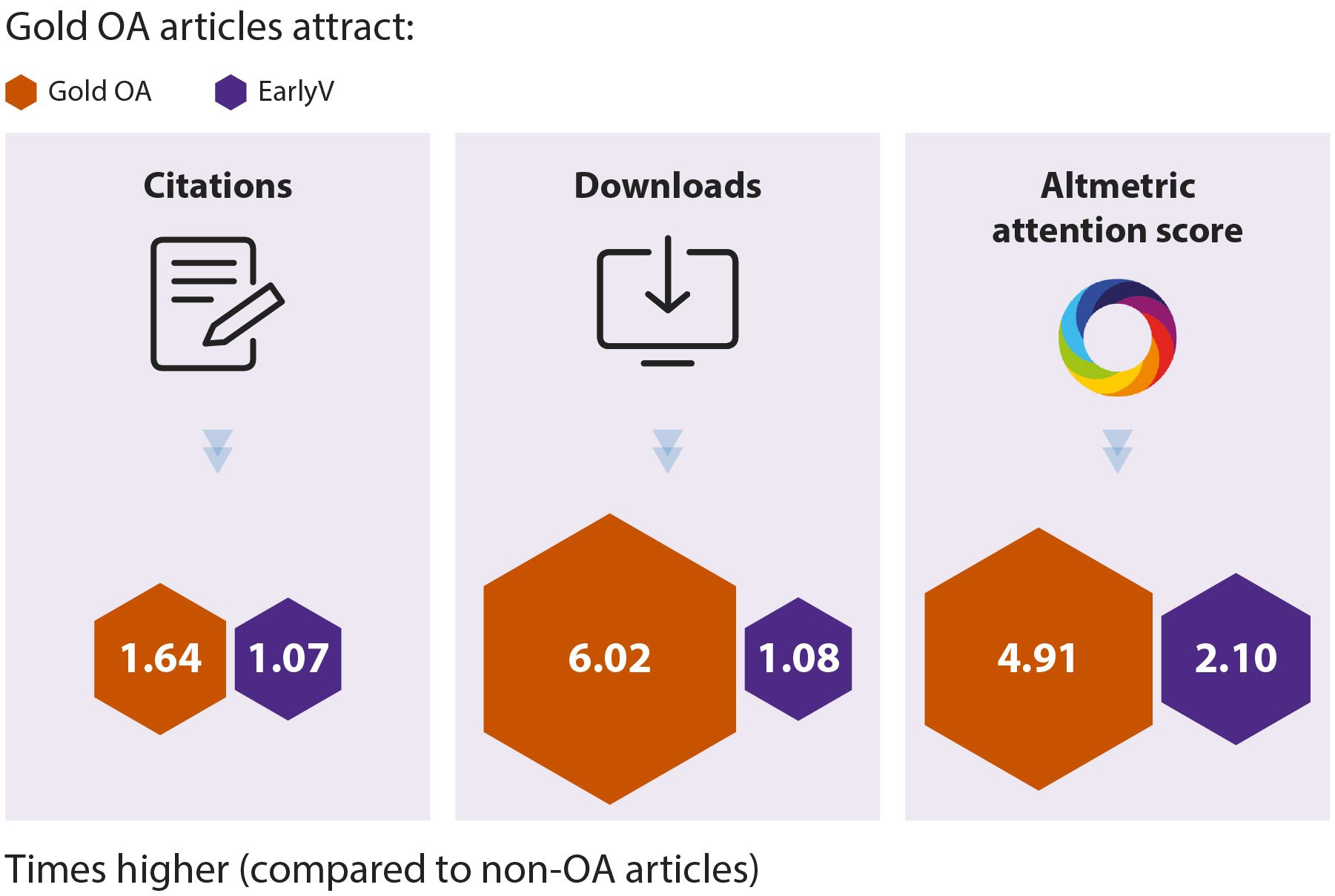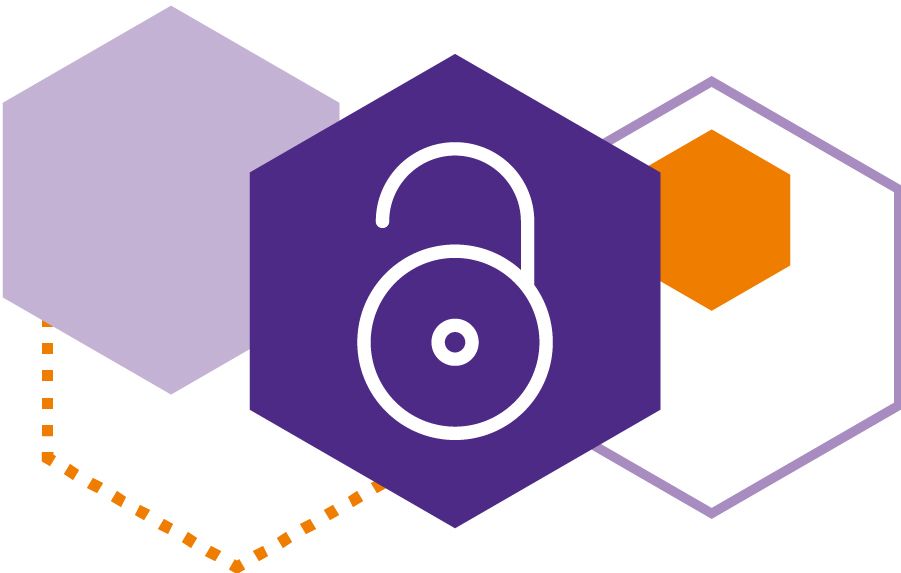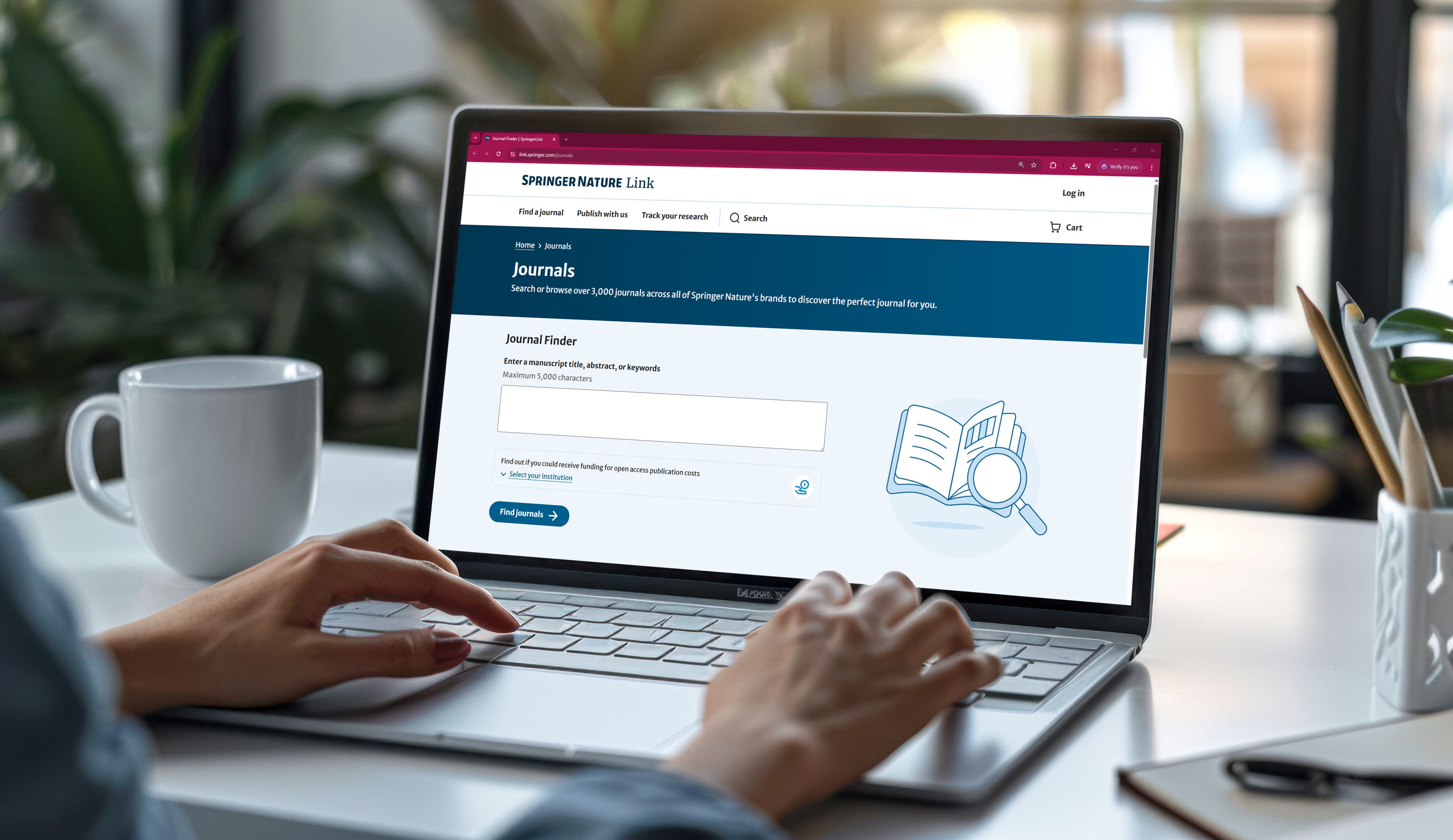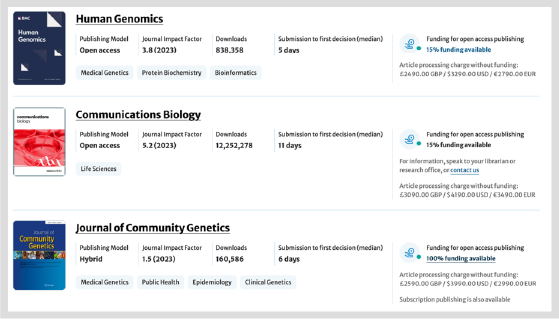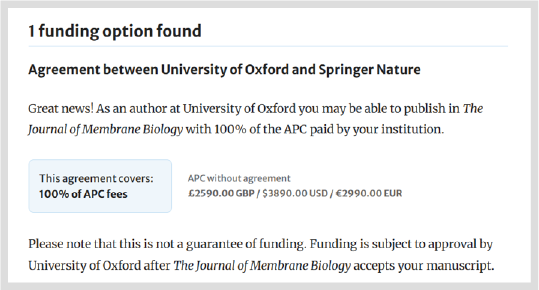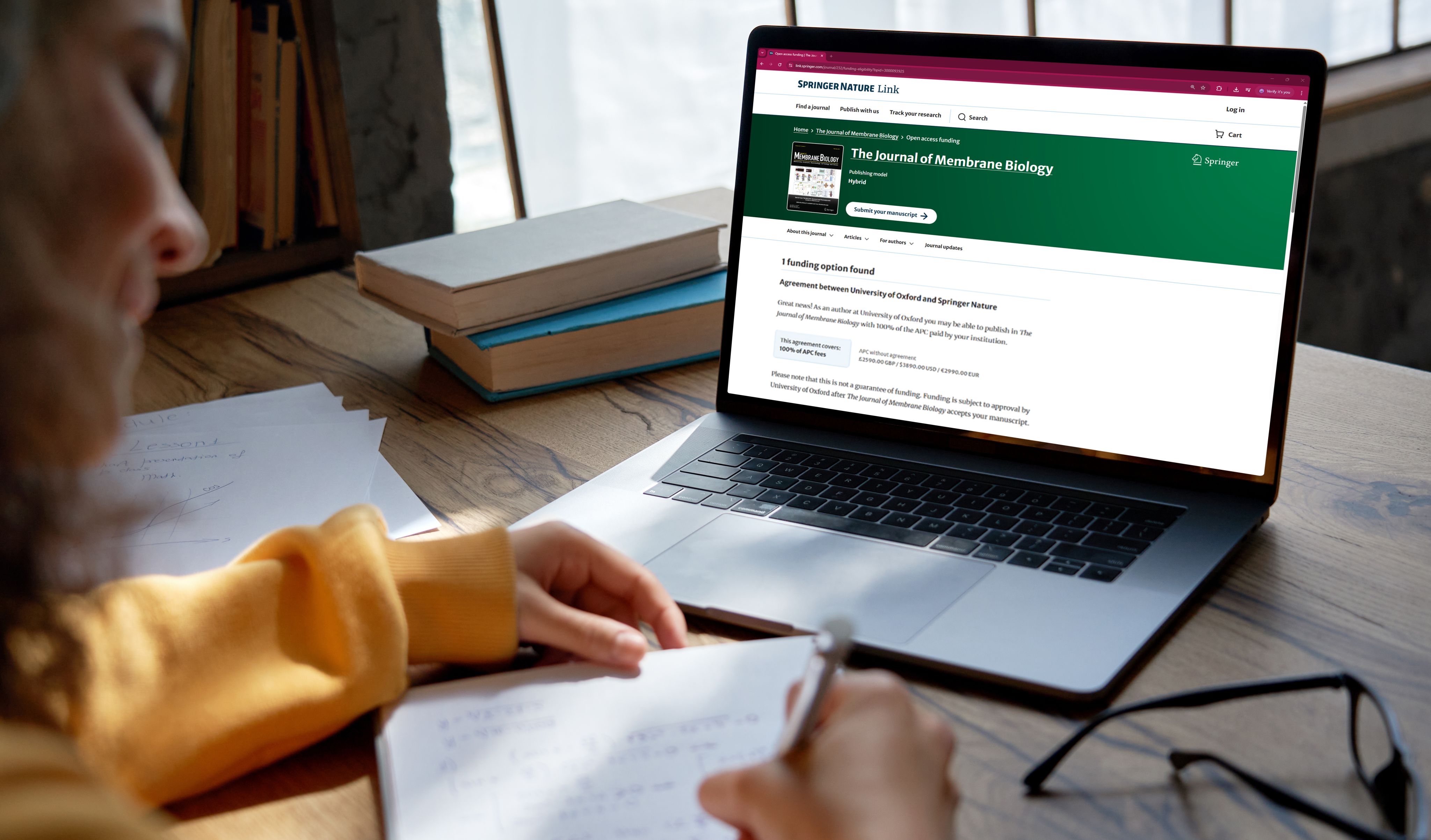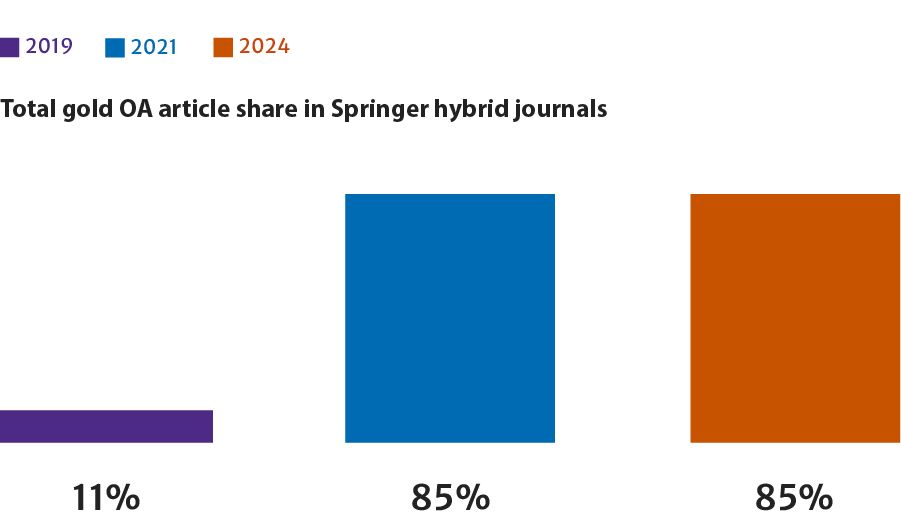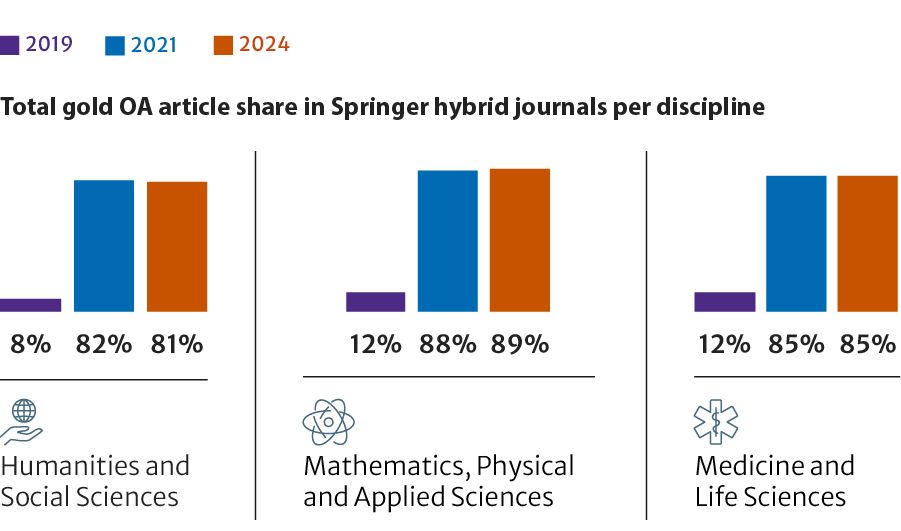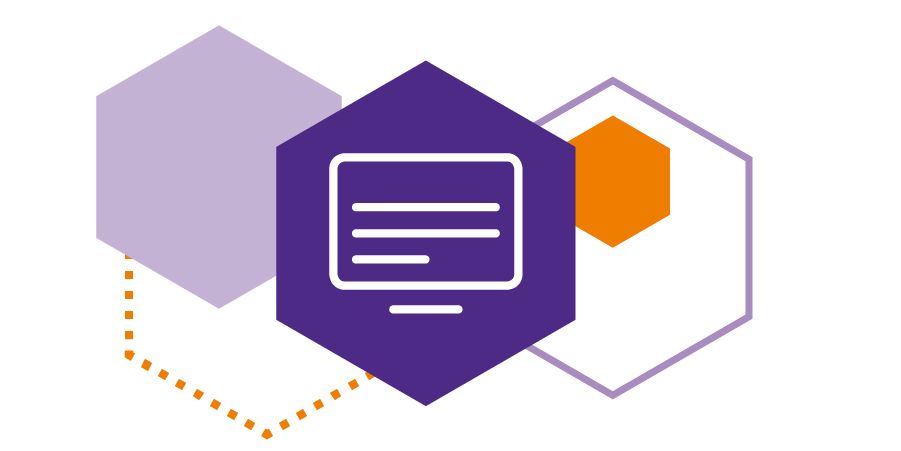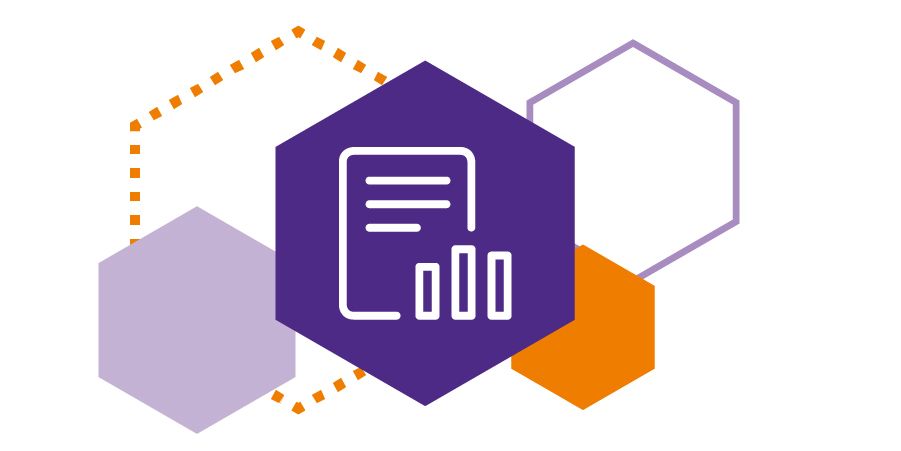Open access article processing charges
- a guide for researchers

Introduction
Publishing and paying for open access

Why publish open access?
Articles have the most impact when there are fewer obstacles to access them. One of the best ways to make your research as widely and freely available to all is to publish your article open access (OA).
Authors publishing gold OA in Springer Nature’s hybrid journals have seen their work benefit from increased attention and reach, including 6.0 times more downloads, 1.6 times more citations and 4.9 times more Altmetric attention.
But publishing your research OA typically (there are some exceptions) means paying an article processing charge (APC). This covers the costs involved in every stage of the publication process, from administrating peer review to copy editing and hosting the final article on dedicated servers.
So how do authors find the funding to pay for these APCs?
Figure 1
Table 1
Gold OA articles attract:
|
Citations |
Downloads |
Altmetric |
|
|---|---|---|---|
|
Gold OA |
1.64 |
6.02 |
4.91 |
|
EarlyV |
1.07 |
1.08 |
2.10 |
Times higher (compared to non-OA articles)
EarlyV: Subscription Version of Record with earlier version available in a repository – i.e. a self-archived copy of an earlier article version, such as the accepted manuscript or preprint that is available in a publicly accessible institutional or subject repository.
Going for gold: exploring the reach and impact of gold open access articles in hybrid journals
Paying for open access article processing charges through your institution

Publishing OA increases visibility and usage of your work, supporting career progression. To help you make your research more accessible to readers globally, many institutions offer financial support for researchers to pay APCs. One way is through OA agreements with publishers - either on their own or through a consortium agreement across many institutions.
Your institution’s OA agreement with Springer Nature may provide:
- Full APC coverage - 100% of the APC is paid by the institution
- A percentage discount - e.g. 10% off the list price APC
- Fixed price coverage - e.g. up to €1,000 paid by the institution
Publishing your article through an OA agreement is the easiest route to OA for eligible authors.
Could your article processing charges be covered under one of Springer Nature’s agreements?

Whether you are exploring various publication outputs to find the right journal for your next publication or checking out the journal you plan to submit to, it is now easier than ever to find out whether you are eligible for financial support to publish your work OA. Here are three quick ways to check.
1. Journal Finder
Get APC coverage information directly in your Journal Finder search results
With Springer Nature’s Journal Finder you can get targeted journal recommendations based on keywords, article titles, or abstracts. This tool saves you time and guesswork, and you can quickly get a list of thematically relevant journals, along with key journal information such as scope, article types accepted, and metrics.
For each result in your Journal Finder search, you will see whether you can publish with funding support and if so, the amount of APC funding available.
2. Eligibility checker
Get OA funding information directly on the journal’s homepage
When you are browsing a journal’s homepage for information on its aims and scope or submission guidelines, Springer Nature’s eligibility checker will display your eligibility for OA publishing funding in that journal.
Based on your institutional affiliation, the eligibility checker will inform you of APC coverage through the relevant OA agreement for the specific journal you are browsing.
3. Find out about agreements relevant to you on our website
If you would like to know whether and which OA agreements exist for your country, you can now browse through Springer Nature’s OA agreement pages to find out.
These pages are designed to centralise institutional funding available in the country, organised by institution, making it easier for researchers to identify financial support available.
Visit the OA agreements page and select your region and country to discover relevant agreements. You will find a full list of institutions that offer OA publishing coverage under various agreements.
Springer Nature open access agreements
Publishing your article through an OA agreement is the easiest route to OA for eligible authors.


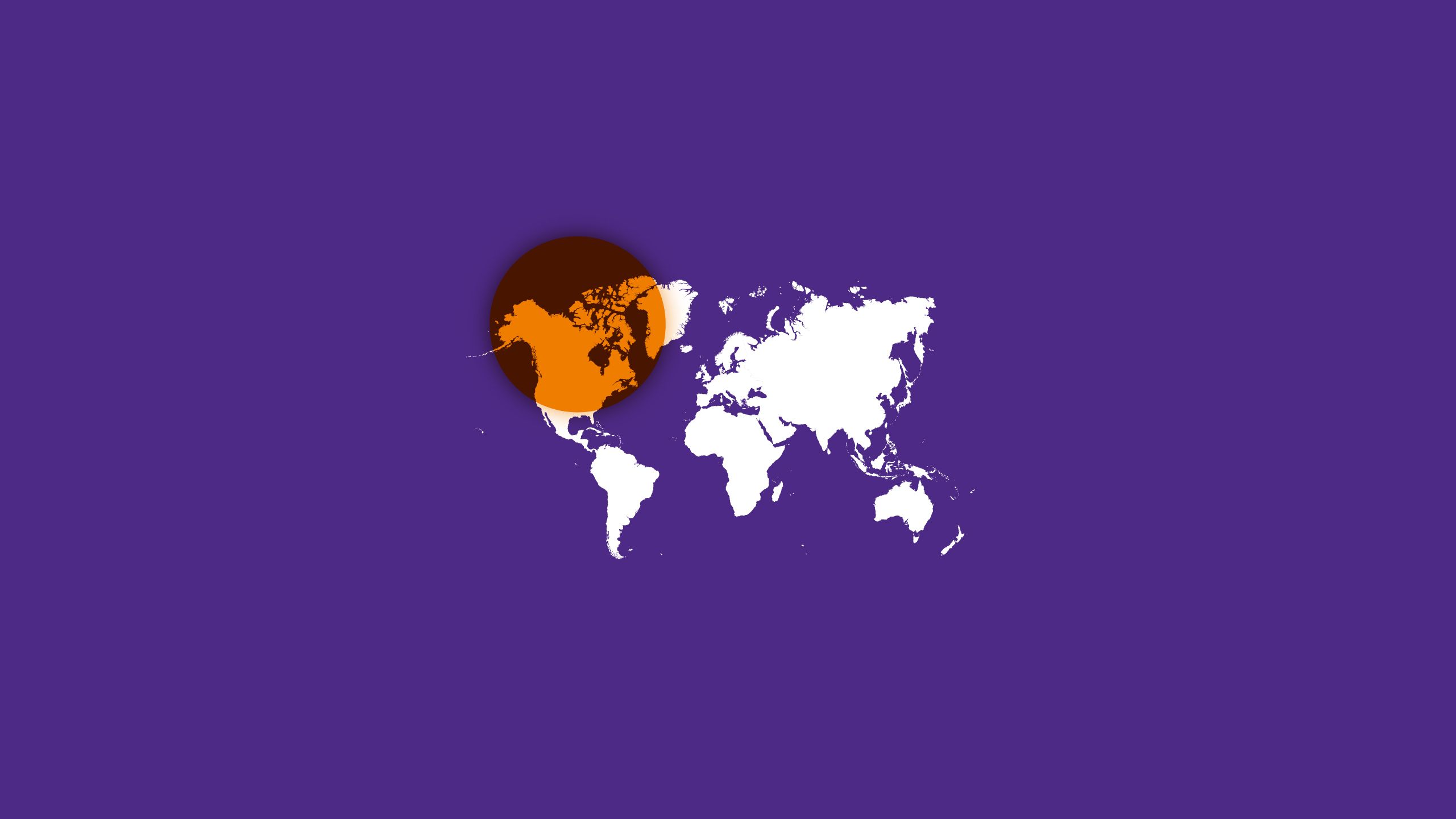
Making open access accessible for more researchers
A case study on the Projekt DEAL agreement

OA agreements are fundamentally changing how authors publish their research, significantly boosting author uptake of OA. The impact of these agreements on the proportion of OA publications at a country level is clearly demonstrated in Germany.
2020 was the year Projekt DEAL’s agreement with Springer Nature went live, and the rapid rise in the proportion of OA articles a year after the implementation of the agreement is clear to see.
Germany OA Uptake
Figure 2
Table 2: Total gold OA article share in Springer hybrid journals
|
2019 |
2021 |
2024 |
|---|---|---|
|
11% |
85% |
85% |
Figure 3
Table 3: Total gold OA article share in Springer hybrid journals per discipline
|
2019 |
2021 |
2024 |
|
|---|---|---|---|
|
Humanities and Social Sciences |
8% |
82% |
81% |
|
Mathematics, Physical and Applied Sciences |
12% |
88% |
89% |
|
Medicine and Life Sciences |
12% |
85% |
85% |
The proportion of papers in hybrid journals that were published OA leapt from 8% (2019) to 82% (2021) in the Humanities and Social Sciences, from 12% (2019) to 88% (2021) in Mathematics, Physical and Applied Sciences, and from 12% (2019) to 85% (2021) in Medicine and Life Sciences.
The Projekt DEAL agreement has clearly boosted OA uptake in research fields with less OA funding, making OA publishing more accessible to researchers across disciplines and career stages. Greater equity in OA means greater equity in impact, which can have positive impact for career progression.
“I firmly believe that the transformative power of knowledge lies in its accessibility. For this reason, I constantly strive to publish my research OA.”
Andres Ruiz Serrano
Senior Lecturer at Hong Kong Metropolitan University

“By publishing research through open access, there is a notable impact on the visibility and influence of research outcomes. The accessibility of research results to a broader audience, including not only researchers but also students, and the public.”
Prof. Kenji Suetsugu
Evolutionary Biologist, Graduate School of Kobe University

“To maximize the societal impact of research, it is important to have quick access to the results of published work to facilitate timely discussions and feedback.
In this regard, OA is advantageous for researchers as it allows them to advance and progress both in their research and professionally.”
Dr. Mihri Ozkan
Professor of Electrical Engineering at the University of California, Riverside

“I believe OA publishing is part of a much-needed push for greater equity across academia and across the world.
Publishing research OA means giving more people the opportunity to read your work who would otherwise not have had the chance or means to do so.
I hope that agreements, like the Jisc transformative agreement, will become more widespread to support the wider uptake of OA.”
Oliver Hauser
Associate Professor of Economics at the University of Exeter Business School, UKRI Future Leaders Fellow, and Turing Fellow at the Alan Turing Institute

“Projekt DEAL agreement makes OA publications much easier and less complicated for us scientists.
Administrative procedures, which are necessary for every publication, are reduced to a minimum and at the same time, there are no complicated payment procedures.”
Daniel Balting
Doctoral Researcher at the Helmholtz Centre for Polar and Marine Research, part of the Alfred Wegener Institute

Resources
Explore further

The Source
News, insights and advice from the Springer Nature team, and personal stories from the research community. Continue reading to find the latest blog posts on academic research and publishing for researchers at every stage of their career.
White papers
Discover resources that provide a wealth of insights into open access across journal articles, books and data and gain a better understanding of how open access is developing globally.
Funding Support Service
What happens if your institution doesn’t (yet) have an agreement with Springer Nature? You can still get help finding the funding to publish your article OA.
Springer Nature offers a free OA support service to make it easier for our authors to discover and apply for funding to cover APCs.
This service will:
- Give you personalised information on OA funds that may be available to you.
- Direct you to the OA funding co-ordinator at your institution or funding body.
- Supply you with the information required to complete an OA funding application.
- Help you demonstrate the benefits of OA to support your application.
- Offer personalised advice about the application process for your institution or funding body.
- Provide advice about compliance with funders' and institutions’ OA policies.
Explore Springer Nature’s comprehensive funding support services

Nature Masterclasses
on-demand courses
How can you identify your best funding opportunities? These self-paced lessons on how to secure funding come in convenient bite-sized units, with videos and engaging learning activities. You can also learn more about narrative tools and how you can use them to write convincing grant applications.
How can you navigate the funding landscape, identify your best funding opportunities and write persuasive grant applications?
These on-demand courses are available on the Nature Masterclasses on-demand platform and are developed by expert academics and professionals.
Courses are self-paced and come in convenient bite-sized lessons, with videos and engaging learning activities.
Discover how to secure funding or learn more about narrative tools and how you can use them to write convincing grant applications.

Finding Funding Opportunities
This course will help you identify and prioritise the best-fitting funding opportunities based on your research needs as well as your professional and personal circumstances. It will also provide you with the skills to analyse your funding requirements and to select those opportunities that best fit your needs.
Persuasive Grant Writing
In this course you will learn how to use narrative tools to create grant applications that resonate with the audience — your chosen funder. In the course, you will discover how narrative tools can improve the quality of your grant applications, how understanding your funder will help you align your research question with their objectives and how to apply narrative tools across your grant applications to make them more informative and persuasive.
Demystifying Grant Budgets - Webinar Recording
In this webinar recording, funding expert Riana Coetsee shares practical strategies on getting out of starting blocks with your grant budget, including an overview of your usual budget items, a budget narrative and insights on what information funders want to see.
Contact Springer Nature
For further advice on what funding is available to you and guidance in approaching funders and institutions, you can reach out to us via email or contact the librarian/OA team at your institution.

